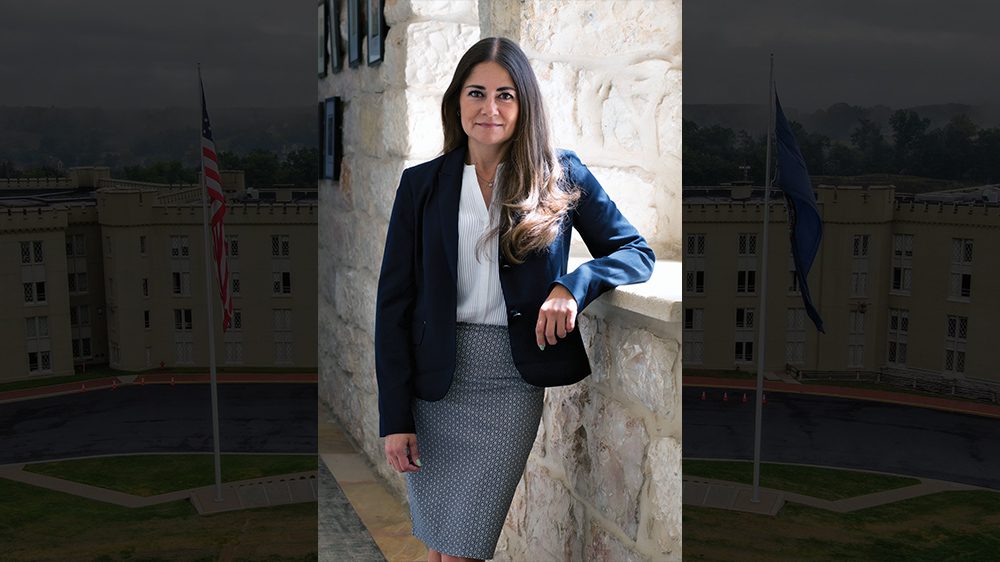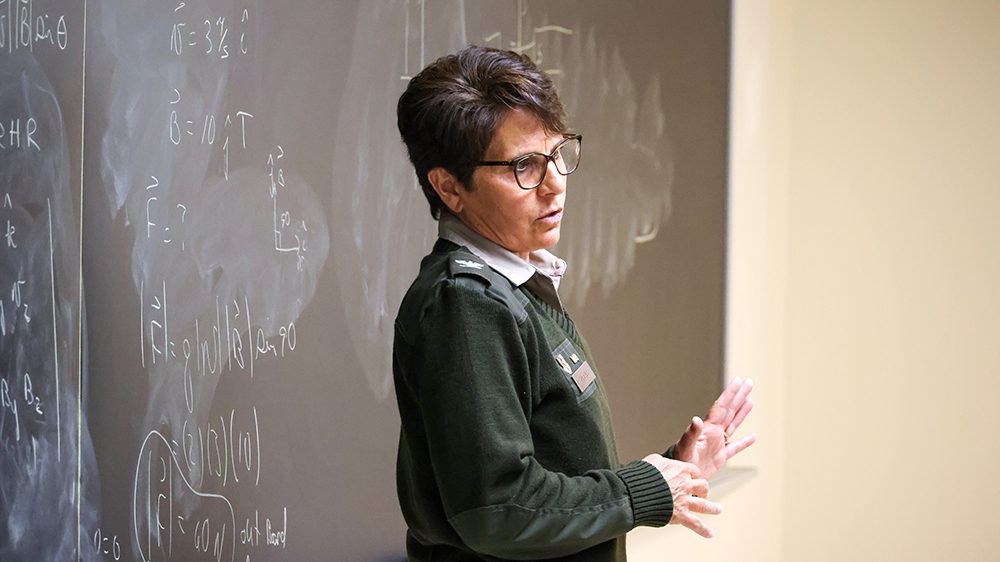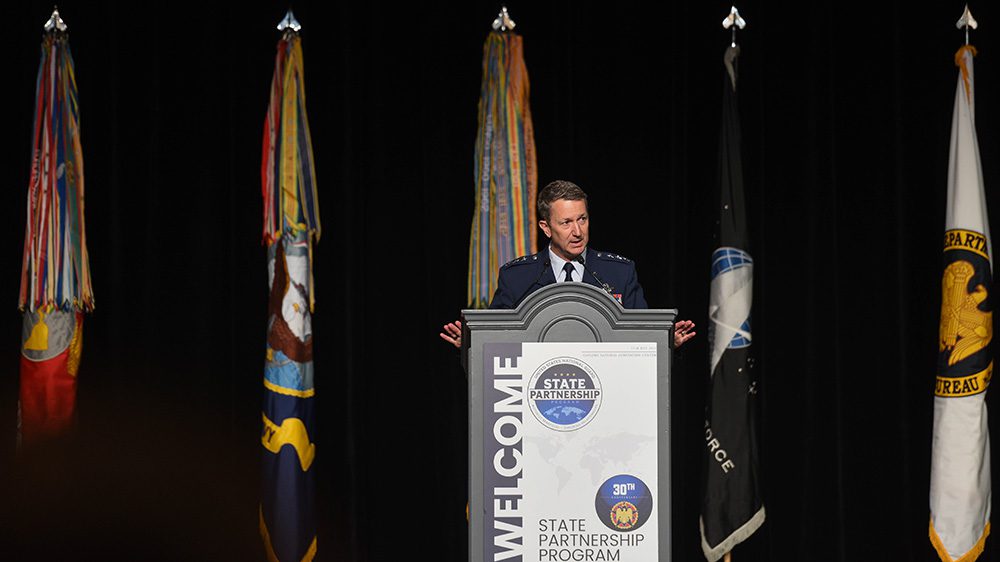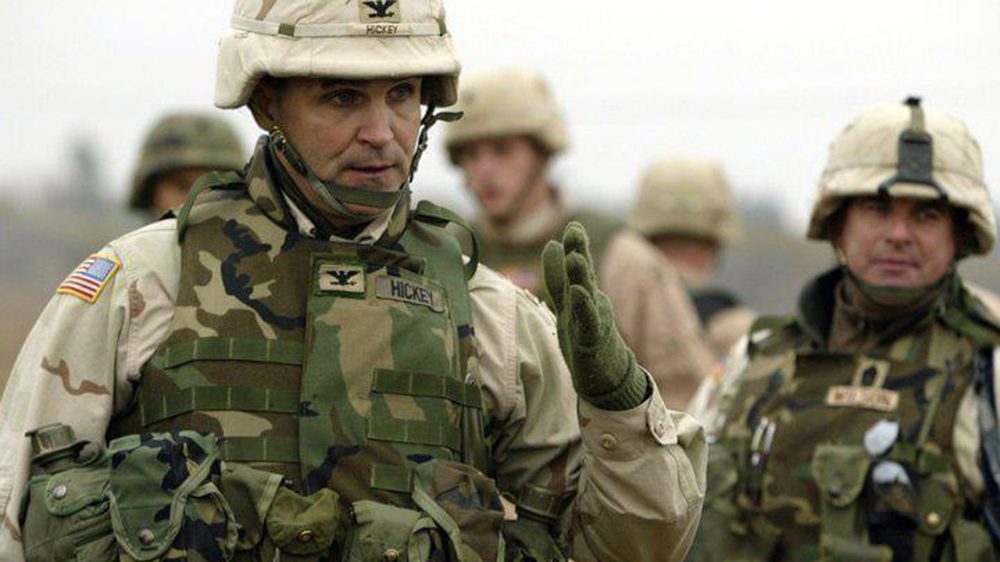Martinez began her Army career as a transportation officer. Like most Army personnel in the early 2000s, she soon had several combat deployments. The young officer went to Kosovo and then to Iraq twice. She applied to and was accepted to teach at the U.S. Military Academy. She then completed a master’s degree at Tufts University in preparation to teach in the Department of Social Sciences.
“[I] absolutely loved it,” she said. “It was just incredible. It really, really changed my career, changed my life.”
At West Point, she learned that she loved teaching and was able to take cadets to several different continents and meet military leaders in other countries. Following her time at the USMA, she spent a year as an interagency fellow with the U.S. State Department. There, she volunteered for diverse assignments, including observing elections in Senegal and preventing violence in Central America.
Martinez then attended the Army’s School of Advanced Military Studies. She was slated for a tour in Afghanistan following her SAMS graduation, but troop levels in south central Asia were decreasing; instead, she went to Israel for the first time.
Following Israel, Martinez applied for and was accepted to an Army program to pursue a doctoral degree. She spent 18 months at George Mason University. Then, she went to Izmir, Turkey, working for NATO’s Allied Land Command from 2017–19. Around this time, the international community, including NATO, was giving serious thought to strategy regarding Russia.
U.S. strategy had been based on relatively small brigade-level elements through the wars in Afghanistan and Iraq. In considering Russia, experts believed larger units were required. Planners referenced World War II, Martinez said. “We really had to confront the possibility of large-scale conflict.” At one point, Martinez literally “drove the plan” of action in the case of a Russian incursion into the Baltics. She traveled through many eastern European countries and examined practical needs on the ground, including rail gauges and areas for vehicles to cross water obstacles.
After her time in Turkey, she was handpicked to serve as the executive officer for the USMA superintendent. She was part of the team that graduated and commissioned 1,000 cadets under the spring 2020 coronavirus restrictions. She was selected for the U.S. Army War College and finished her dissertation on the Israeli-Palestinian conflict. When Army leadership reviewed doctoral work and matched officers’ topics with assignments, Martinez received her current assignment in Israel.
Today, she remains proud to call herself a VMI alum. The Institute, she says, “really teaches you and instills in you the confidence and ability to face challenges.”
Though she doesn’t have a specific timeline, when she does hang up her Army uniform for good, Martinez would like to find herself in a familiar, but still challenging environment: A classroom.
“I really do enjoy [teaching]. I think [it] is incredibly important and fulfilling,” she said.





